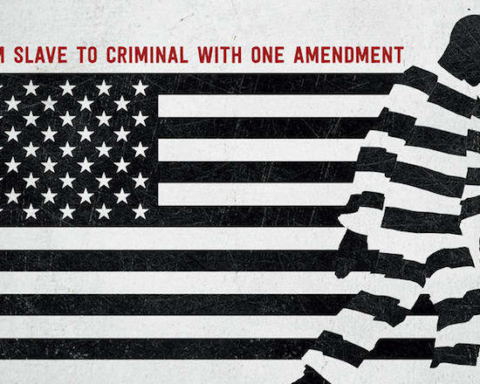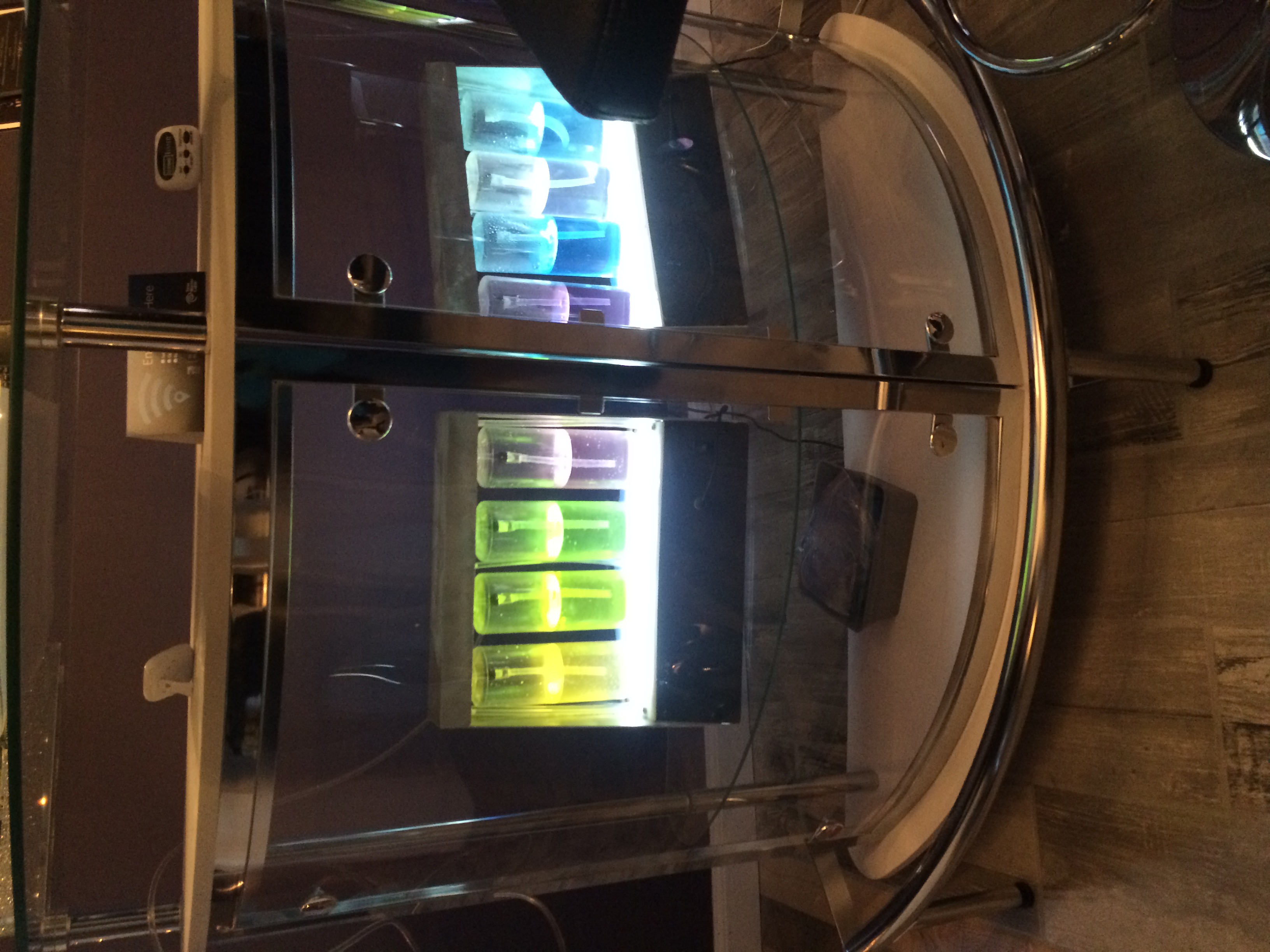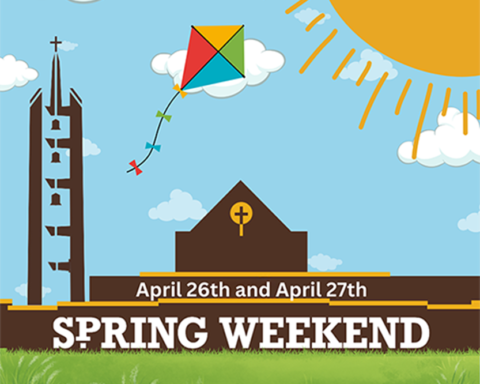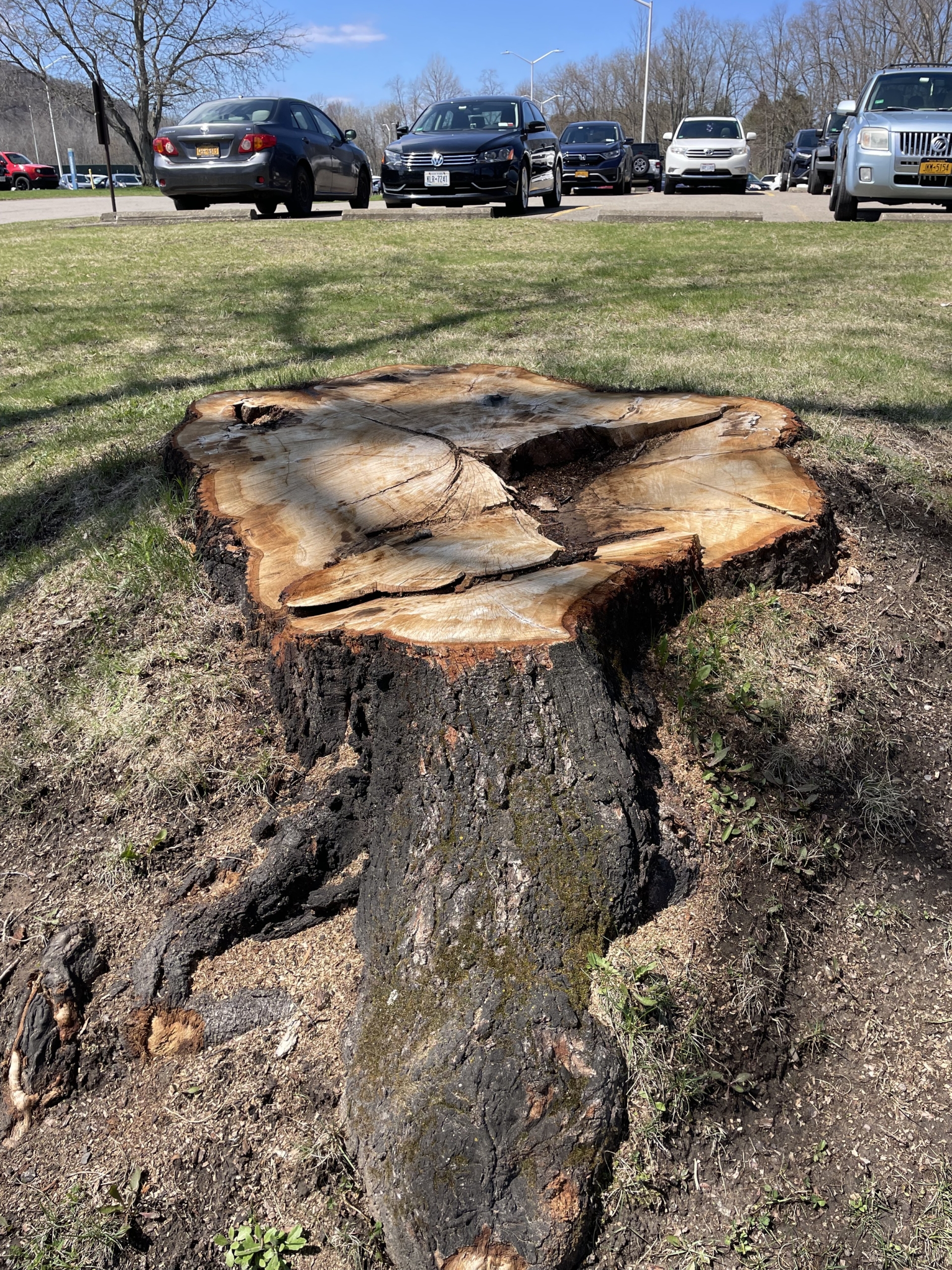By Hannah Gordon
Managing Editor
Nearly 50 students and faculty packed the Devereux Hall main lobby Wednesday night to discuss cultural appropriation in Halloween costumes.
The second installment of the Residential Life Civil Dialogue Series, entitled, “Halloween Costumes: Offensive or All in Good Fun,” was led by Rebecca Wager, assistant director of residential living, and Parker Suddeth, coordinator for the Damietta Center for Multicultural Student Affairs and residential director.
“This is a dialogue centered around respect,” Wager began the talk, which is also a part of the #RaceMatters program. “We are all here to learn.”
That sentiment that is carried through all of the civil dialogues, Wager said in her introduction. That’s one of the things Chris Brown, director of First Year Experience, said he loved about Wednesday’s event and the series in general.
“One of my favorite parts about this series, and tonight’s event in particular, is that it’s a constructive place to have a dialogue,” Brown said. “It’s not a time for indoctrination but it’s a time to actually have an honest conversation, to get a deeper understanding of an issue…I think the students embraced the fact that it’s okay to talk about their honest reactions.”
The first to speak was junior David Bryant, a junior journalism and English double major. After speaking about culturally themed parties, like “Siesta Parties” that are based on the stereotypes of Mexican culture, Bryant went to a personal example.
“I find if something personally offends me then I am more prone to seeing something or saying something,” Bryant said. “Like blackface. Being an African-American I’m more prone to seeing someone being offensive in that way rather than seeing someone being offensive in a different way. But I think if you’re going to acknowledge offenses than you have to acknowledge them across the board.”
Suddeth and Wager directed the conversation by asking questions of the audience and then allowing them to discuss or ask questions of them or their peers. When Suddeth asked students if there was a time they confronted a friend on something to do with cultural appropriation, junior JW Cook offered an example.
Cook, a political science major, said when he was in high school he had a friend who wore a Lynyrd Skynyrd shirt which featured a Confederate flag, which was the topic of the first civil dialogue, to school. Cook said he was going to say something about the flag, which he said he disagreed with, but before he had the chance, a teacher asked his friend to turn his shirt inside out for the day.
Suddeth recognized Cook’s initiative for wanting to speak to his friend.
“As Vice President Trietley always says, ‘Go for the harder right over the easier wrong,’” Suddeth said. “Go for that conversation with your friend.”
The discussion touched on costumes typically sold in stores like Party City and Spirit Halloween, like the “Sexy Indian” and “Mexican Man” costumes that play on cultural stereotypes. Noah Burton, a junior political science major, questioned Wager and Suddeth if portraying a character of a different race on Halloween would be considered appropriation. Examples included Pocahontas and the new Spider-Man alter ego, Miles Morales.
Suddeth said as long as a person wasn’t deliberately mimicking a race, there wasn’t an issue, which brought a new topic into the discussion: the recent controversy over actress Julianne Hough portraying the “Orange is the New Black” character Crazy Eyes for a Halloween party. The “Safe Haven” (2013) actress donned blackface, a practice where someone paints their face with black or brown face paint in an effort to portray a black person, to mimic actress Uzo Aduba, who plays “Crazy Eyes.” Suddeth maintained that the problem was with Hough’s blackface, not with the costume choice as a whole.
Burton said he went to the talk seeking understanding of the topic.
“I was interested in the conversation of how a costume could become racist,” Burton said after the talk. “I spoke up at the times that I did because I felt that the idea of cultural appropriation and respect for ‘all’ people’s ideas pertaining to Halloween costumes greatly infringed on our rights just to prevent others from being uncomfortable.”
Lauren Galbraith, a senior biology major, offered an opposing insight after the talk.
“After listening to a bunch of people’s opinions, I don’t think that it’s ultimately up to the person wearing the costume to say whether it is offensive or not, but to the people viewing the costume,” Galbraith said. “Like how at the first talk on the Confederate flag, Bob Amico said that is isn’t up to the person doing the offending to decide if what is happening is offensive but the person that finds the action offensive, so I like how that was brought up again in the idea of cultural appropriation of costumes.”
The first talk in the Residential Life Civil Dialogue Series titled “Confederate Flag: Hate or History” discussed the flag, its history and the implications it has in today’s society. Nichole Gonzalez, executive director for Residential Living and Conduct, said these talks are essential to understanding those around us.
“I just think that conversations like this are important so that people can understand that there isn’t just one side to a story or even an opinion or issue,” Gonzalez said. “I might not agree with all of the opinions in the room, but I still learned something. I think it’s important to open your mind.”
Which is exactly what Burton said he got out of the Wednesday’s event.
“I don’t think my personal views on the topic changed, but I learned a lot more about the opposite point of view, which is helping me become more informed on the topic.”
gordonhr13@bonaventure.edu





